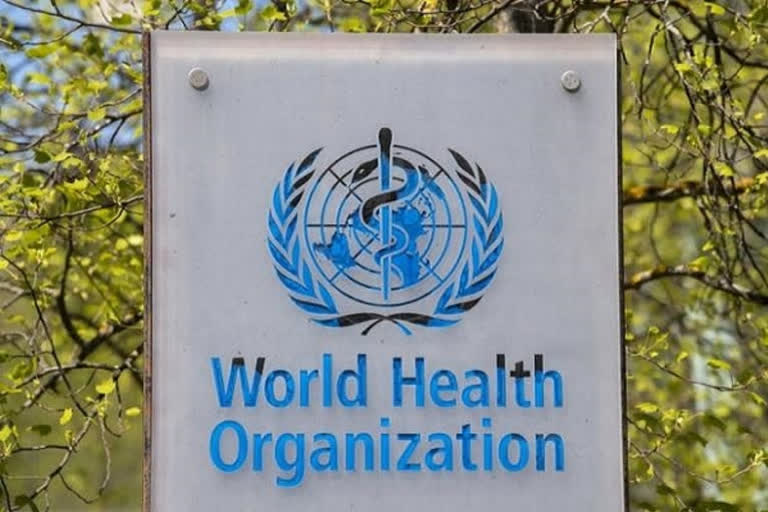New Delhi: South East Asian countries are still very much in the acute phase of pandemic, said Dr Poonam Khetrapal Singh, Regional Director, WHO South-East Asia.
“Several countries continue to experience high transmission. We are still very much in the acute phase of pandemic. We must continue to aggressively respond, using all tools at our disposal,” said Dr Singh while addressing the ‘South-East Asia Partners’ Meeting on COVID-19’.
The meeting of member countries and health partners was convened to discuss strengthening of collective efforts to control COVID-19 spread.
For five consecutive weeks, the Region reported a rapid surge of COVID-19, registering over 2 million new cases.
Lives and livelihoods are at stake, as is the sustainable development of a Region that is home to over 2 billion people - one-fourth of the world’s population. It is only through solidarity, and by sustaining Region-wide resolve, that we can drive infection down, prevent new waves, and bring evidence-based treatments and technologies to all who need them, the Regional Director said.
“There remains a clear and ongoing need in all countries of the Region to strengthen health system capacity, including access to critical supplies such as oxygen,” she said.
Read: Prayagraj: Ganges water reaches shallow graves in sand
To fill those gaps, WHO in recent weeks provided over 340 metric ton of essential medical supplies worth over US$ 50 million and continues to mobilize more, she said and emphasized on the need for equitable distribution and availability of equipment and supplies.
She said that WHO is committed to increasing supply chain resilience, including through local manufacturing to secure equitable access to therapeutics, diagnostics, personal protective equipment (PPE) and other supplies.
On COVID-19 vaccine equity, Dr Singh said this demands extraordinary action and global collaboration. “While the development of COVID-19 vaccines has been exceedingly fast, the supply cannot currently meet demand. This has resulted in a slowing down of vaccination in several countries, including those reliant on COVAX vaccines,” she said.
WHO will continue to support all countries to implement evidence-based public health and social measures; to enhance social and economic protections; and to maintain equitable access to essential health services – a core priority from the beginning of the response, which requires sustained and scaled up support, Dr Singh added.
Lauding the partners, Dr Singh said their support has enabled WHO implement a comprehensive, coordinated and sustained response.
“With assistance from partners, WHO in the Region has been able to deliver over 2.2 million sample collection kits, 1.9 million manual PCR tests, 2.1 million gloves, 7 million medical masks, more than 500 000 gowns, and more than 600 000 respirators since the start of the pandemic. This is in addition to their support to the South-East Asia Regional Health Emergency Fund which is being used to fund emergency preparedness as well as response measures in the Region,” she said.
The meeting was attended by senior officials from ministries of health, ambassadors, UN Regional Directors, UN Resident Coordinators, representatives from International Financial Institutions and Development Banks; members of the Red Cross Movement, GAVI the Vaccine Alliance, and The Global Fund; members of international NGOs, philanthropic foundations and partners.
Read: Covid-19 vaccine: Bharat Biotech, Ocugen to commercialise Covaxin in Canada




